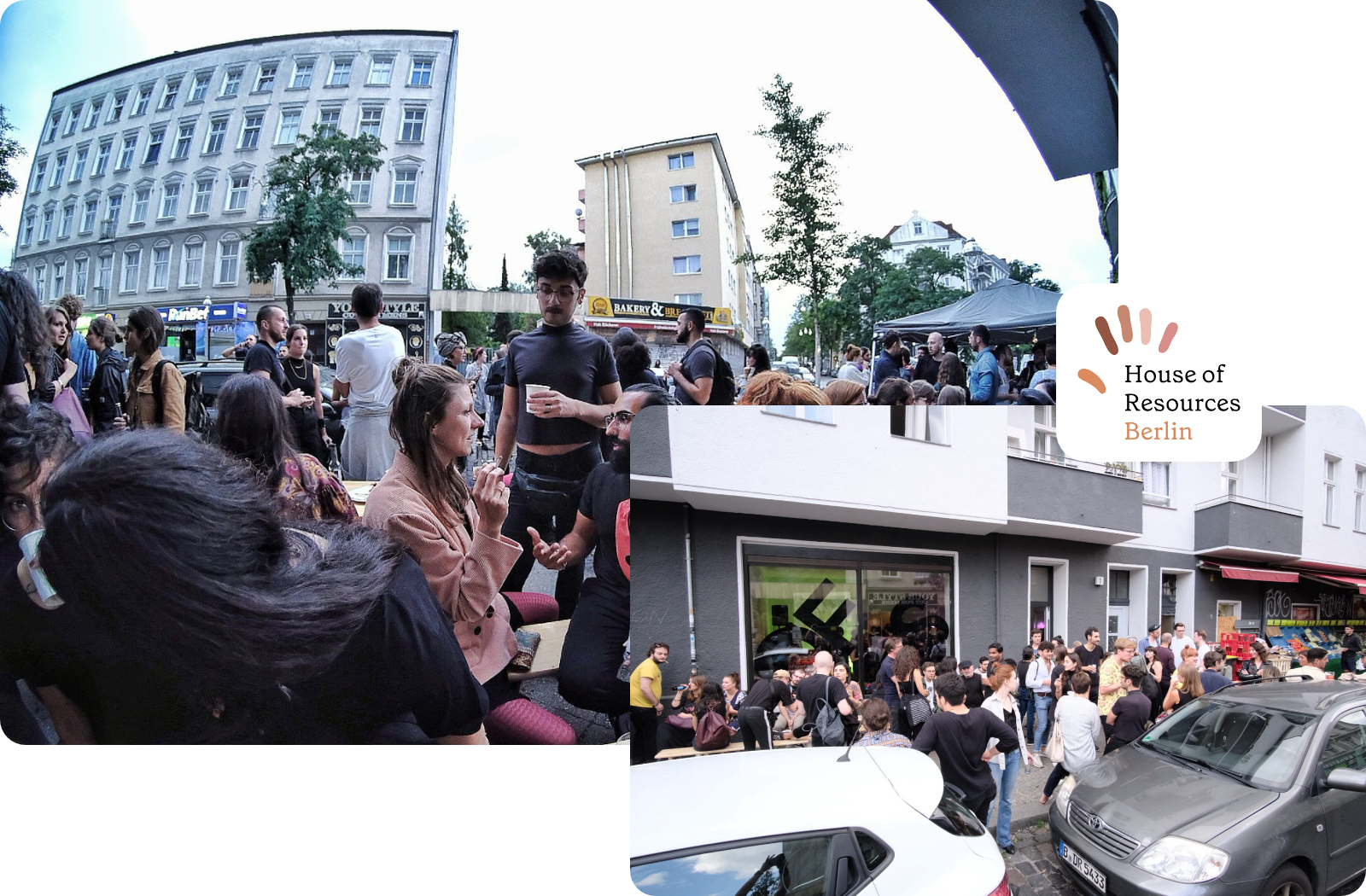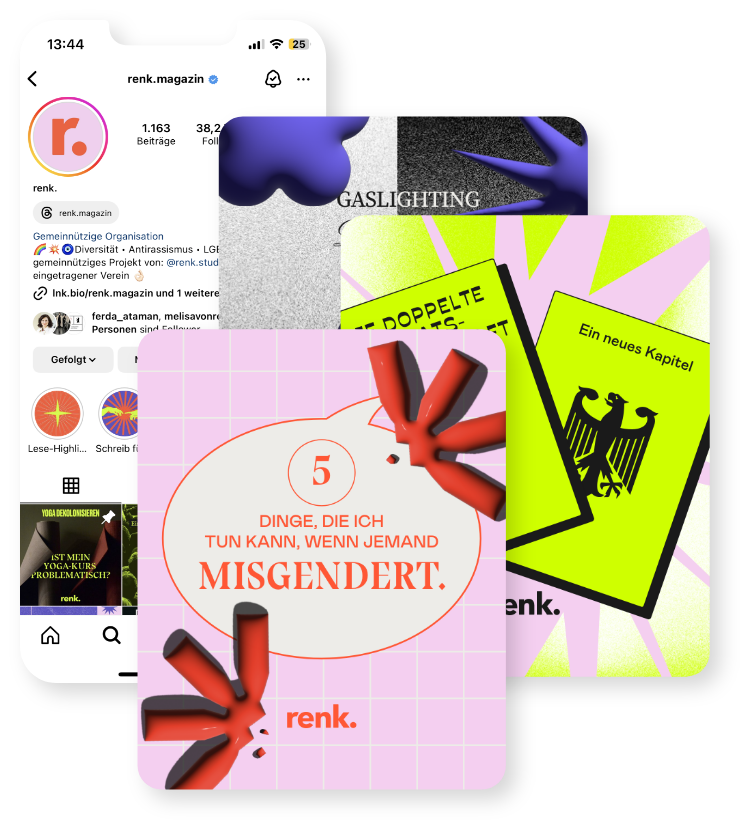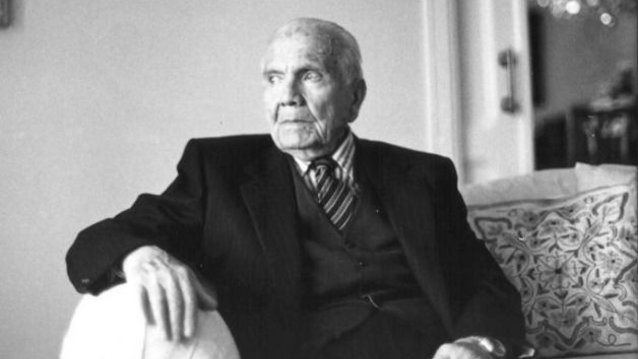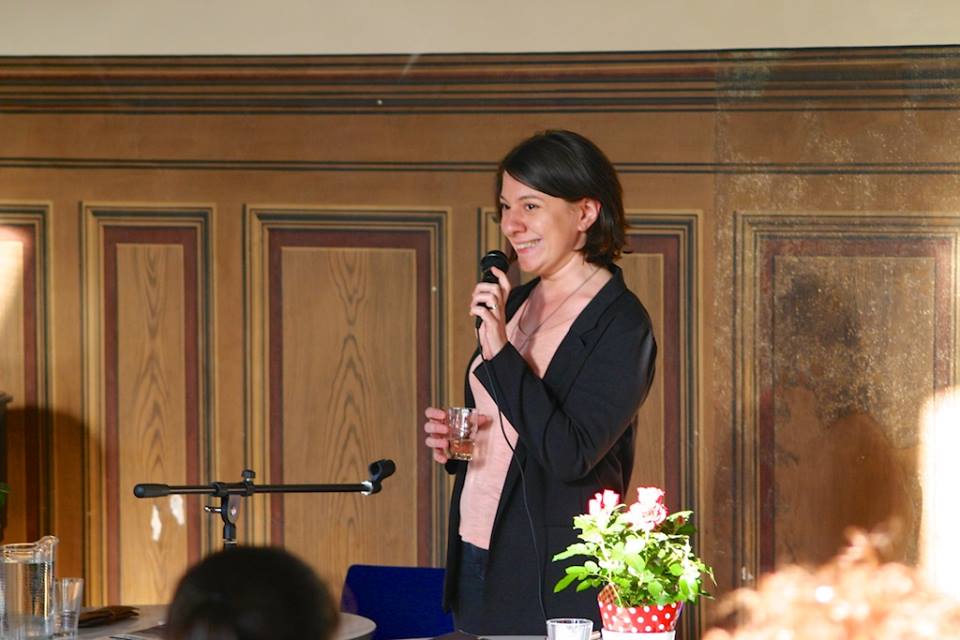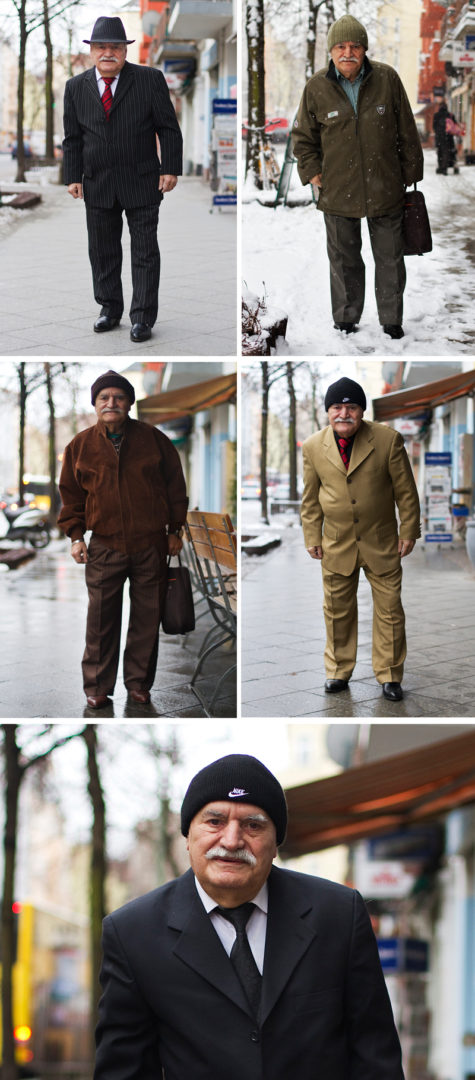You probably have seen Turkish people wearing this small triangular pouch around their neck. And you might have asked yourself what could possibly be in it. In this post, you’ll learn all about it!
According to Turkish superstitions, these small triangular talismans protect its wearer against diseases, accidents or evil eyes. The word “muska” comes from the Arabic word “nüsha” and means “replica” or “copy”. Now, you might wonder what replicas are found on these lucky charms. It’s simple: they are handwritten Sura and verses from the Koran, or Hadiths, sayings from the Prophet Mohammed. Usually, the main prayers like “Felak”, “Nás”, “Yasin”, “Fatiha” or “Ayetü’l-Kürsi” are written on a small piece of paper. During the writing process, the writer has to fully devote himself to Allah, and repeat the prayers several times.
Next, the paper is folded into a triangle, wrapped in plastic foil to protect the writings from water, and finally, it is encased in a protective cover. This cover can be made of leather, silk or a precious metal.
The reason it has to be triangular: The first side represents hunger and thirst, the second represents diseases, and the third the evil eye. Thus, all bad things that could happen to someone bounce off the sides before they can reach the person.
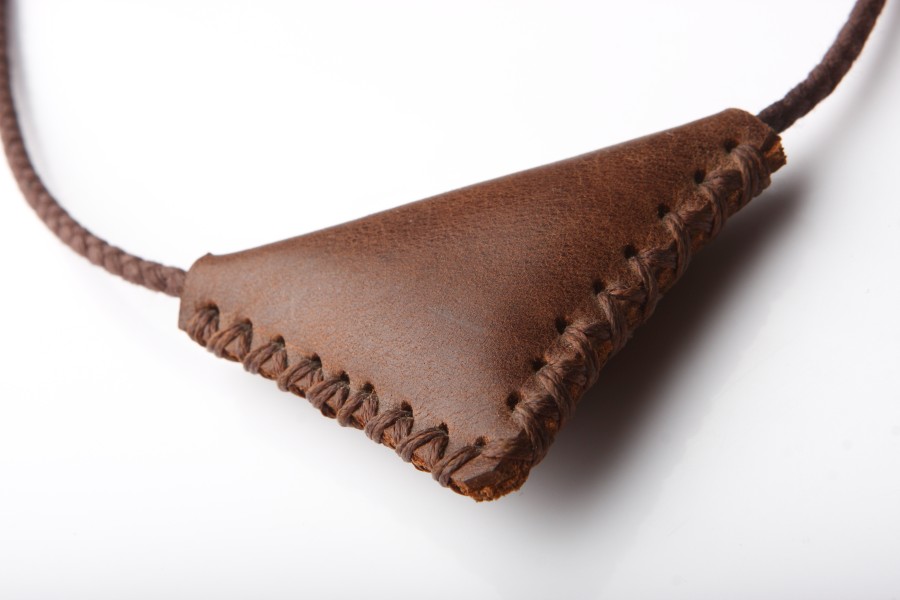
The making of a “muska” should not be taken lightly and should preferably be done by a “hoca” (engl. Spiritual leader – ed.). Specific rules apply:
- Only well known Hadiths, verses or Suras from the Koran can be written.
- Curses and sayings about love are also forbidden.
- Both the writer and the wearer have to unconditionally believe in Allah’s healing power.
Square and heart-shaped charms are also common. They are usually hung in cars or in houses as a protection against evil.
Now, people can decide for themselves why they want to wear one of these talismans and every wearer defines their own reasons to do it. Personal fears and wishes play a decisive role: If a woman has a strong desire to have children, she will wear a “muska”. If a driver is afraid of accidents, he will hang one in his car. And if someone is terrified of spiders, they should probably never take it off.
Nowadays, there are heated arguments in the Muslim world about whether the talismans are “haram” (engl. sinful – ed.) or not. Ultimately, they do combine Islamic teachings and superstition. Whether one believes in the “muska” is up to the individual, but they certainly don’t do any harm.
Credits
Photos: nedir.com
Translation: Alice Tayla
